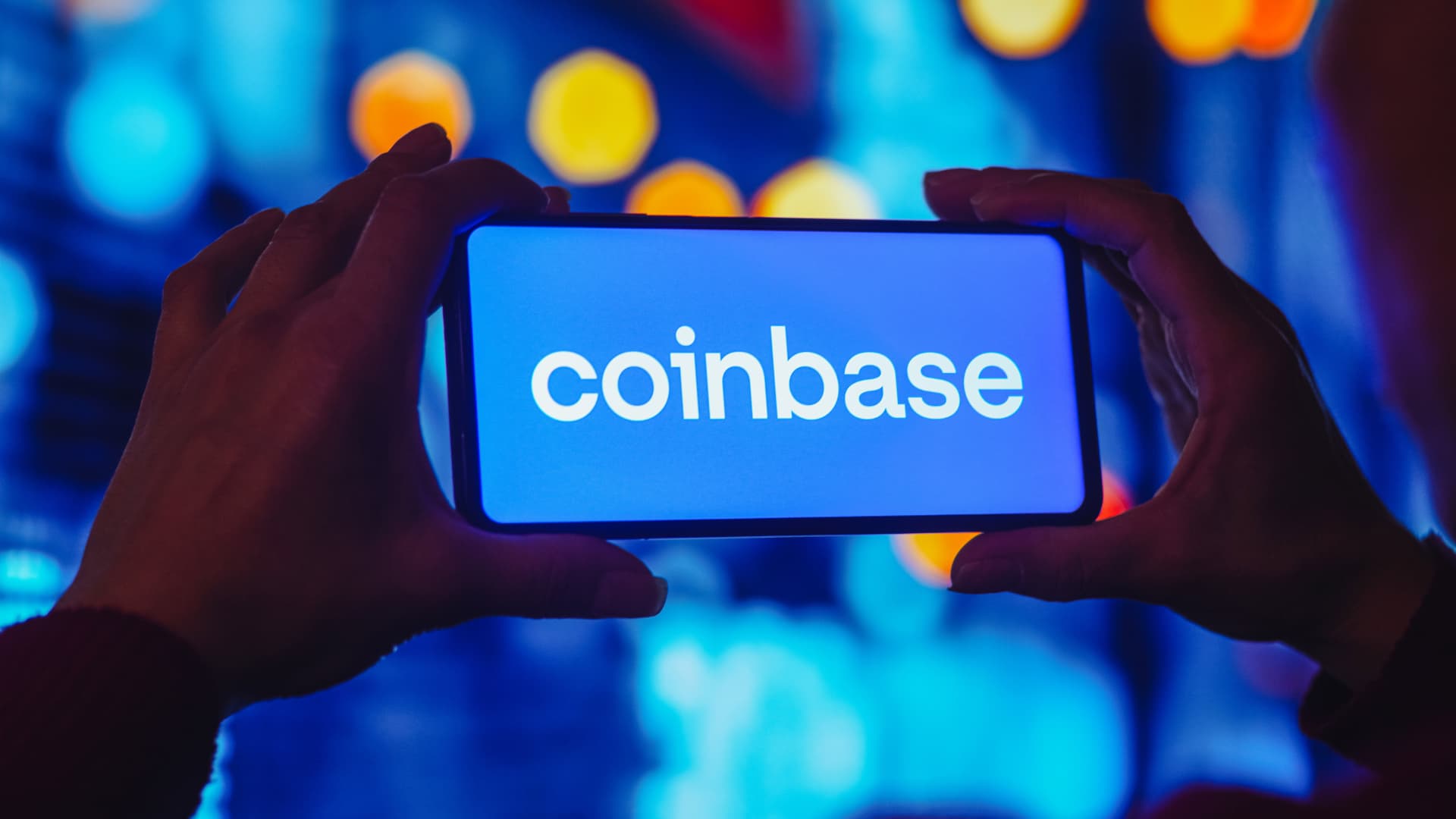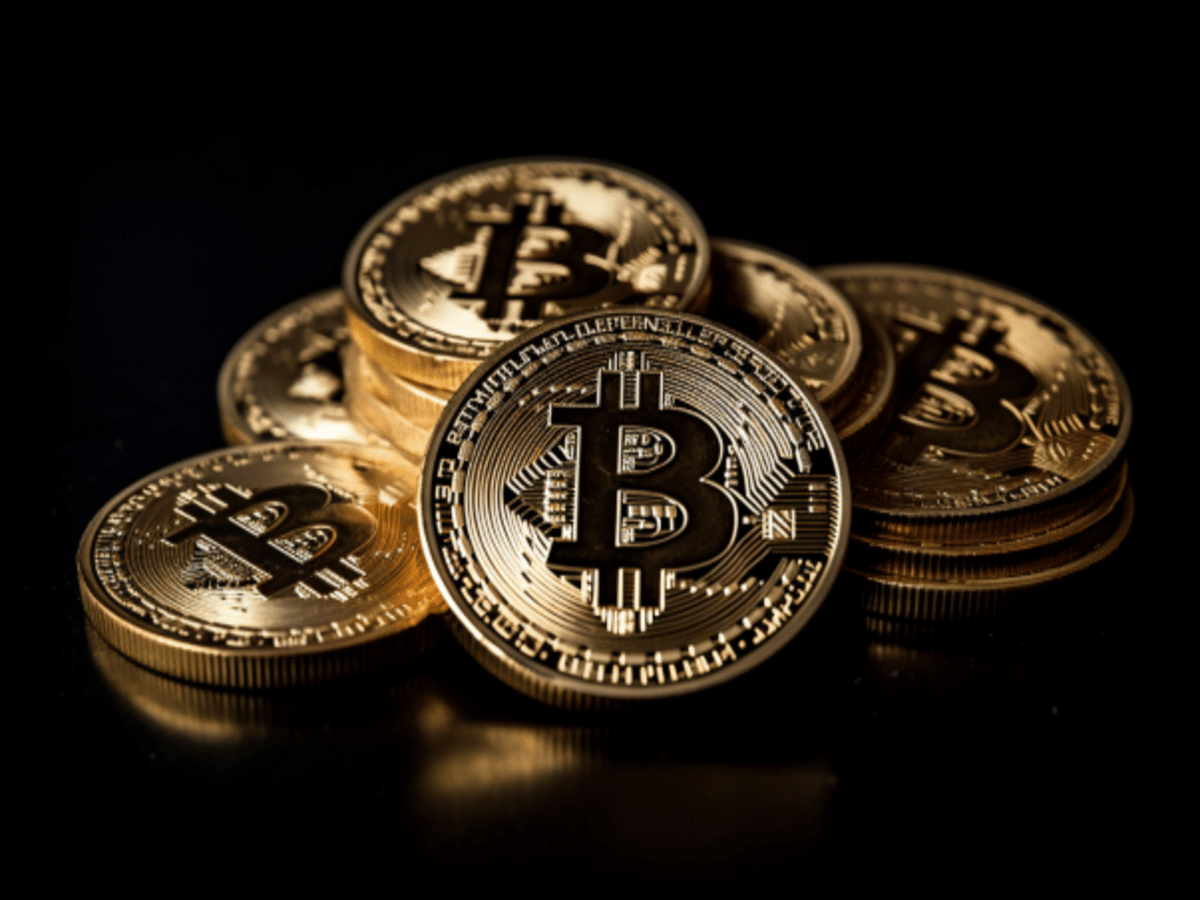|
Getting your Trinity Audio player ready...
|
The crypto community is buzzing with frustration as Coinbase users face unexpected restrictions on crypto withdrawals. Social media platforms like X (formerly Twitter) are witnessing a surge of complaints, leaving users questioning the security and transparency of the leading cryptocurrency exchange. While Coinbase has responded to individual cases, the restrictions have raised concerns across the crypto space.
Coinbase Under Fire For Restricted Transactions
The uproar began when an X user, @jamescrow, shared a screenshot showing the message “Crypto Sends Restricted” without any prior warning from Coinbase. This incident set off a chain reaction, as more users chimed in with similar experiences.
Another user, @rajatsonifinance, reported a delay of over 18 hours for a Bitcoin withdrawal using the Lightning Network, further amplifying the concerns. In both cases, Coinbase responded swiftly, requesting users to privately share their email addresses or transaction hashes to resolve the issues.
However, this didn’t prevent growing frustration among users who demand more transparency regarding these restrictions. The sudden nature of these blockades has led many to question what’s driving the limitations and whether their funds are secure.
What’s Behind Coinbase’s Withdrawal Restrictions?
As more users shared their grievances, crypto expert Adam Cochran weighed in on the issue. According to Cochran, Coinbase imposes withdrawal restrictions in specific situations to safeguard user accounts. While the restrictions can be frustrating, they often occur to prevent potential breaches, KYC violations, or suspicious activity.
Here are some of the reasons Cochran cited for these limitations:
- Account Security Breaches: If Coinbase detects any signs of account compromise, such as unusual activity or unauthorized logins, it may impose restrictions to protect the user’s funds.
- KYC/AML Violations: Another common reason for withdrawal restrictions is a violation of Know Your Customer (KYC) or Anti-Money Laundering (AML) policies. If the exchange flags any activity as suspicious under these regulations, the account may face limitations until the issue is resolved.
- Credit Card Purchases: Users making crypto purchases with credit cards tied to long chargeback periods may face restrictions, particularly if the card doesn’t have an established purchase history with Coinbase. In cases where users have previously initiated chargebacks, additional limitations may be imposed until the settlement period for new purchases passes.
- Interacting with Flagged Blockchain Addresses: Extended account lockouts can occur when users repeatedly interact with flagged blockchain addresses. These flagged interactions can trigger security protocols that result in withdrawal delays or restrictions.
A Lack of Transparency Adds to the Frustration
One of the biggest challenges for Coinbase, Cochran noted, is the inability to disclose specific reasons for account restrictions due to KYC/AML policies in certain jurisdictions. This lack of transparency often leaves users in the dark, exacerbating their frustrations. While legitimate accounts typically resolve these issues without significant difficulty, the absence of clear communication creates confusion among users.
Also Read: Coinbase Boosts ZKsync By 25% As Moonwell Trading Volume Jumps 6% Following New Support
As Coinbase navigates this growing backlash, it’s evident that users are seeking greater transparency and communication from the platform. While security measures and compliance with regulatory frameworks are crucial, exchanges like Coinbase must balance protecting user accounts with providing clear information to users when restrictions are imposed. For now, users experiencing delays or limitations are advised to remain patient and cooperate with Coinbase support for a quick resolution.
In a market where trust is paramount, the crypto community will be watching closely to see how Coinbase addresses these ongoing concerns.
Disclaimer: The information in this article is for general purposes only and does not constitute financial advice. The author’s views are personal and may not reflect the views of Chain Affairs. Before making any investment decisions, you should always conduct your own research. Chain Affairs is not responsible for any financial losses.
With a keen eye on the latest trends and developments in the crypto space, I’m dedicated to providing readers with unbiased and insightful coverage of the market. My goal is to help people understand the nuances of cryptocurrencies and make sound investment decisions. I believe that crypto has the potential to revolutionize the way we think about money and finance, and I’m excited to be a part of this unfolding story.




